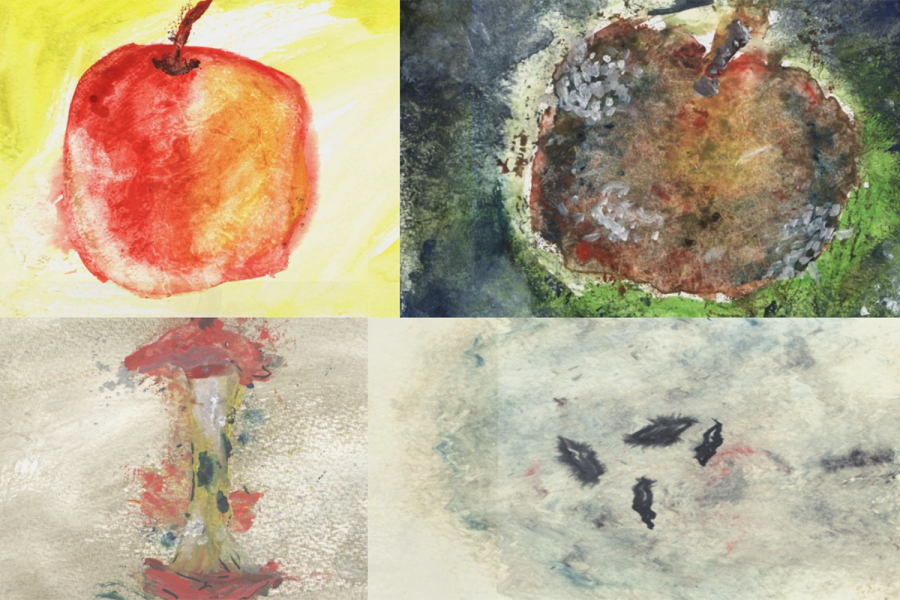My grandma was diagnosed with Alzheimer’s disease in 2015. I have seen how complicated Alzheimer’s is as a disease, often worse for the family than it is for the patient. While it may not be physically taxing, it is mentally debilitating. However, I’ve always wondered what it might feel like to be my grandma — to live a day in the life of someone who unknowingly forgets moments from her past. What must it feel like to lose those cherished memories?
Florian Zeller’s debut feature film “The Father,” recently nominated for six Academy Awards, including best picture, follows a man named Anthony (Anthony Hopkins) an Alzheimer’s patient whose mind gradually deteriorates as the film progresses. The film is told entirely from his perspective. We witness the deterioration with him, with him. What results is a film that is both brutally powerful and intensely immersive.
The film introduces us to Anthony on a seemingly ordinary day. His daughter, Anne (Olivia Colman), arrives at “his flat” — or, what we are told from Anthony’s perspective is his flat — to check up on him. Their quick-witted banter is our first introduction to Anthony’s disease. He realizes he has lost his watch and immediately blames his former caretaker for its disappearance. “She was stealing from me,” Anthony exclaims to Anne. Anthony continues to reference this wristwatch throughout the film, and we quickly learn that it’s one of the only things in his life that he can rely on. For him, time is consistent and never fails. Without it, he is completely lost. And because we go through this journey with him, we are lost as well.
“The Father” is incredibly contained, confined to virtually one location — “Anthony’s flat” — for its entire runtime. Zeller guides us through this setting at the very beginning of the film, allowing us to take in each of its many details: the large painting above the fireplace, the tan tile backsplash in the kitchen and the dated brown cabinetry. Besides the missing watch mishap, Anthony’s life seems to be pretty mundane. It isn’t until later in the afternoon that changes start to occur.
Like Anthony, we are constantly left in the dark, wondering what is happening, where he is, who he is with, or when in the day it is happening. However, the film continues to drag us unsparingly through the confusion. We are left to wonder why the painting above the fireplace goes missing, why the kitchen has an entirely different backsplash, why there is an unknown man in his living room, and when the modern cabinetry was installed. Was everything that we saw before a lie? It is these unanswered questions that make “The Father” so interesting. Yet, in intentionally blurring the continuity of the story and setting, Zeller’s deliberate distortion of reality also requires considerable patience and concentration from the audience.
The film’s story often repeats itself, reminding Anthony of what he might have forgotten. These reminders create a feeling of being trapped in a cyclical existence, unable to escape from a monotonous and unchanging routine. This intentionally repetitive storytelling technique effectively parallels the act of physically being around someone with Alzheimers’s.
The final act spirals into complete and utter disorientation. Watching Anthony age and be entirely consumed by his disease is both depressing and disturbing. Surprisingly, a movie that made me feel so lost and heartbroken also helped me understand my grandma’s story.
While this honest portrayal of Alzhiemer’s concluded with a tearful finale — from the actors and, admittedly, from the audience — the premise helped me understand the losses my grandma has gone through. Even though her memories might be lost, they will forever live on through her loved ones.
Email Nathan Hughes at [email protected].























































































































































